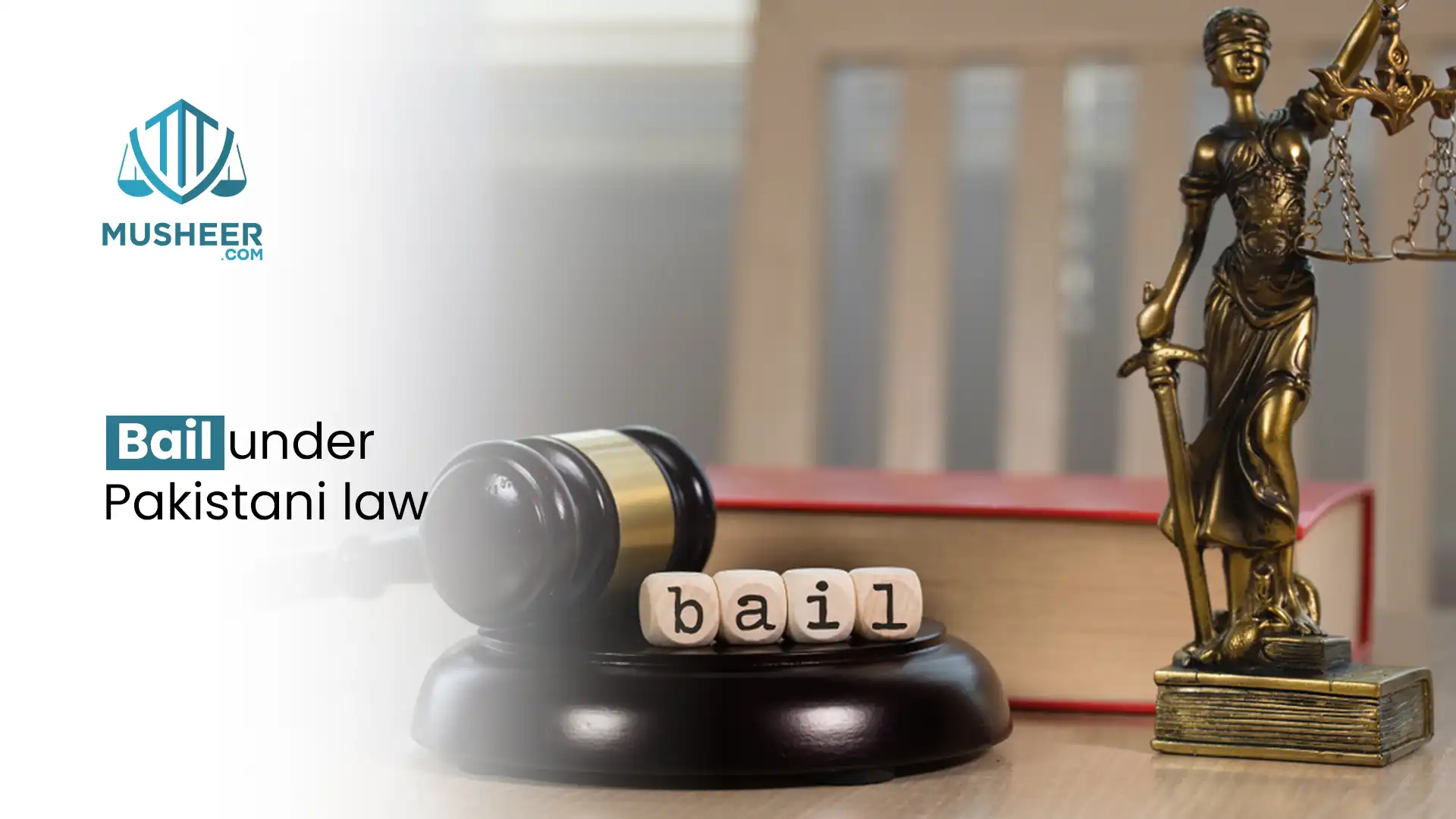Introduction
When faced with an intruder trespassing on your property, it's essential to know your rights and understand the resources available to you.
The law of trespass holds significant importance in Pakistan as it plays a vital role in safeguarding property rights and boundaries. It serves as a legal framework to protect individuals from unauthorized entry onto their land or property. In this blog, we will delve deeper into the law of trespass in Pakistan, its essential elements, and the available legal remedies for victims of trespass.
What is Trespass?
Trespass refers to the act of unlawfully entering or remaining on someone else's property without their permission. It involves crossing the boundaries of a property, whether it's land, buildings, or other structures, without lawful authority or a legitimate reason.
Trespassing can take various forms, such as entering a property without permission, staying on the property after being asked to leave, or exceeding the scope of permission granted by the property owner. It can occur on private property, commercial premises, or even public spaces where certain restrictions apply.
Law of Trespass in Pakistan:
In Pakistan, the law of trespass is primarily governed by the Pakistan Penal Code. The Law of Trespass is a legal principle that prevents people from entering or using someone else's property without their permission. It establishes the rights of property owners and outlines the boundaries of acceptable behavior regarding the use and access to someone else's land or property.
In Pakistan, this law is applicable to both public and private property, and it applies to all forms of trespass such as physical entry, damage to property, or interference with the owner's right to enjoy their property. Violating this law can result in fines, imprisonment, and/or damages. It is important for individuals to understand the laws around trespass in order to avoid any potential legal consequences.
Elements of Trespass:
To establish a claim of trespass, the following elements must be established:
a) Unauthorized Entry
Trespass occurs when an individual intentionally and without permission enters or remains on another person's land or property. Any entry without lawful authority constitutes trespass.
b) Physical Invasion
Trespass involves physically intruding upon the property in question. This intrusion refers to crossing the boundaries or encroaching upon the landowner's demarcated space, such as fences, walls, or other property boundaries.
c) Intent
It must be demonstrated that the trespasser acted deliberately, with the knowledge that they were not authorized to enter or remain on the property of another to insult, annoy or intimidate him or with the intention to commit an offence.
What are the Different Types of Trespassing & Their Respective Penalties under Pakistani Law?
Under the Pakistan Penal Code, there are specific provisions that define and classify different types of trespass. These provisions help in understanding the nature and severity of the offense. Here are the relevant sections:
Criminal Trespass (Section 441):
This section states that anyone who enters or remains on another person's property with the intent to commit an offense, intimidate, insult, or annoy the person in possession of that property, commits criminal trespass. It also includes cases where a person lawfully enters the property but then unlawfully remains there with the intent to intimidate, insult, or annoy.
House-trespass (Section 442):
House-trespass occurs when someone commits criminal trespass by entering or remaining in a building, tent, or vessel used as a human dwelling. It also includes entering a building used as a place of worship or as a place for the custody of property. Even the introduction of any part of the trespasser's body into the premises is sufficient to constitute house-trespass.
Lurking House-trespass (Section 443):
Lurking house-trespass refers to the act of committing house-trespass while taking precautions to conceal the trespass from someone who has the right to exclude or eject the trespasser from the premises. In other words, the trespasser intentionally hides their presence from someone authorized to remove them from the property.
Punishments Prescribed in the Penal Code
Section 447 of the Pakistan Penal Code stipulates the punishment for criminal trespass. The offender can be sentenced to imprisonment for a term that may extend up to three months or a fine, or both.
House-trespass, specifically entering or remaining in a dwelling or a place of worship or custody of property without permission, carries a punishment of imprisonment for up to one year, a fine, or both.
If house-trespass is committed with the intention of committing an offense punishable by death, the offender may face imprisonment for life, rigorous imprisonment for up to ten years, and a fine.
Similar offenses, such as lurking house-trespass and house-breaking, involve concealing the trespass or breaking into a property with various intentions, including theft or causing harm. The punishments for these offenses range from imprisonment for up to two years to more severe terms of imprisonment, depending on the circumstances.
What Are The Defenses Available for a Person Accused Of Trespassing In Pakistan?
When accused of trespassing in Pakistan, there are several defenses that a person can potentially utilize to challenge the accusations. Here are some common defenses that can be raised against trespassing charges in Pakistan:
a) Lawful Authority or Consent:
One of the primary defenses is to establish that the entry onto the property was authorized by the owner or lawful authority. If the accused can demonstrate that they had permission or a legal right to be on the property, it can undermine the trespassing allegations.
b) Mistake or Lack of Intent:
If the accused can show that they entered the property mistakenly or without any intention to trespass, it can be a valid defense. Proving that there was a genuine mistake, such as confusion regarding the property boundaries or an honest belief of permission, can help challenge the accusations.
c) Necessity:
The defense of necessity can be invoked when the accused can demonstrate that their entry onto the property was essential to prevent significant harm or danger to themselves or others. It requires showing that there was an urgent need to enter the property to avert a greater harm.
d) Ownership or Rightful Possession:
If the accused can establish that they have a valid claim of ownership or a rightful possession of the property in question, it can serve as a strong defense against trespassing charges. This defense usually involves providing documentation or evidence of ownership or legitimate possession.
e) Lack of Notice or Warning:
In some cases, if the property owner failed to provide adequate notice or warnings regarding restricted areas or boundaries, the accused can argue that they were not reasonably aware of the trespassing restrictions. This defense relies on the notion that the accused could not have reasonably known they were trespassing.
f) Consent by Estoppel:
Consent by estoppel is a defense that can be raised when the owner or authorized representative of the property has previously given the impression or representation that entry is permitted, leading the accused to reasonably believe they had permission.
Conclusion
The law of trespass in Pakistan serves as a protective mechanism to uphold property rights and boundaries. By defining clear guidelines and providing legal remedies, the law ensures that individuals have the right to enjoy and control their land and property without unauthorized interference. Understanding the elements of trespass and the available legal remedies empowers property owners to protect their rights and take appropriate action against trespassers.









